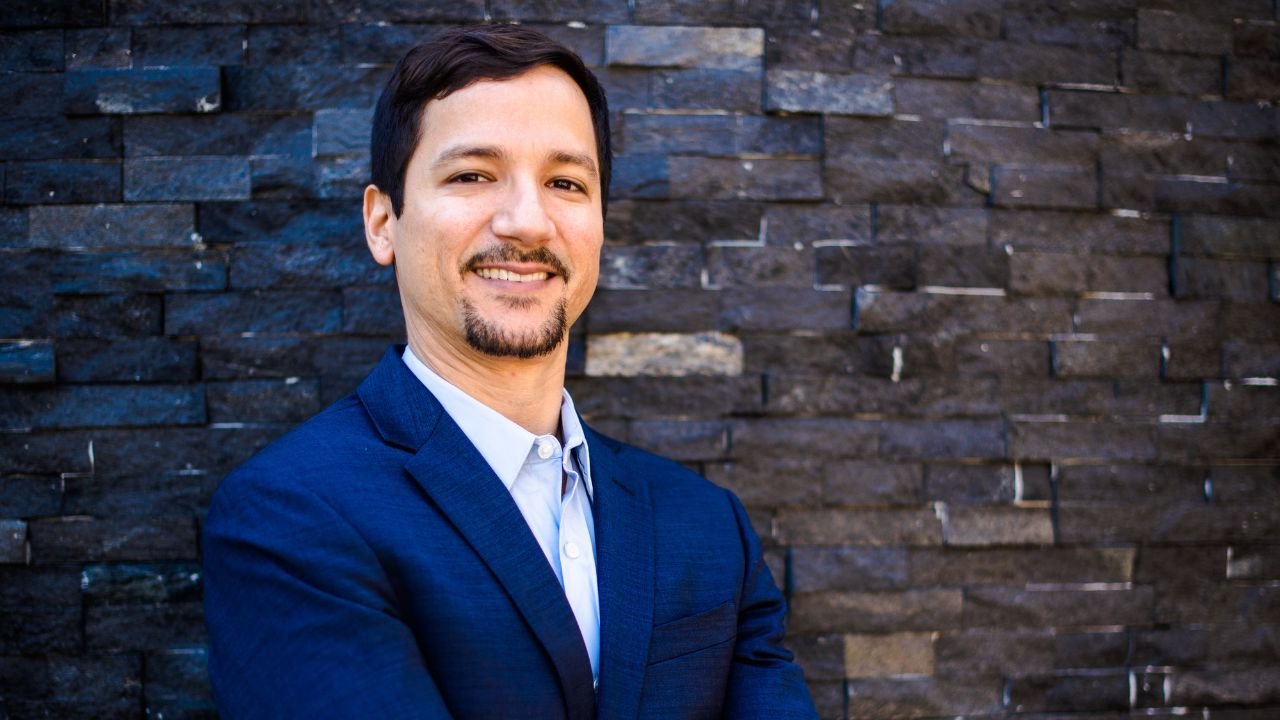It’s 2025, and therapy now comes with a blinking cursor. Across Australia, more and more people are whispering their worries not to a counsellor on a couch, but to ChatGPT. The shift is staggering — a 167 per cent rise in online searches for “ChatGPT therapy” this year alone, with more than 8,000 Australians each month asking the algorithm to listen, reassure, and perhaps even heal.
In a country where Medicare caps continue to limit access to psychology sessions and the cost of living has stretched emotional resilience thin, it’s little wonder that an always-on, no-fee digital confidant feels like a lifeline. But can a chatbot truly soothe the human psyche — or is Australia’s growing reliance on AI for emotional support a quiet cry for help in itself?
Neuroscientist and longevity researcher Dr Brian Ramos has been observing the trend with both fascination and caution. “People are struggling to access affordable therapy at the very time they need it most,” he says. “ChatGPT can help bridge the gap for those with lighter or sub-clinical needs, or even as an extra layer of support for those already under professional care. But it can’t replace the human connection that defines real therapy.”
Dr Ramos, who works with cognitive-enhancement brand Simply Nootropics, believes AI-assisted therapy sits somewhere between mindfulness app and mirror — helpful when used with intention, but risky when treated as a stand-in for human touch.
“It’s a supplement, not a substitute,” he stresses. “If it helps your well-being and your wallet, use it wisely. But don’t rely on it when your mental health requires medication, therapy or community.”
The Comfort of Code
In a sense, ChatGPT has become the therapist who never sleeps. For many, it’s the gentle reminder to breathe between meetings, the late-night voice of reason when anxiety strikes at 2 a.m. Dr Ramos says one of its greatest strengths lies in immediacy: “AI is in your pocket and accessible, which is crucial if you feel panic or anxiety rising and can’t reach a friend or therapist. It can walk you through guided breathing, mindfulness prompts, or reframing exercises that can help break stress cycles before they take hold.”
For those striving to build better habits, the technology doubles as an accountability partner. It can prompt users to hydrate, take breaks, or set sleep boundaries — “micro-habits,” as Ramos calls them, that quietly compound into meaningful change.
Even confidence, that most human of struggles, has found a digital rehearsal space. “If you dread confrontation or stage fright, ChatGPT can role-play scenarios and give feedback,” he explains. “It’s like practising in front of a mirror that talks back — with no judgement.”
Perhaps most fascinatingly, AI makes complex psychology accessible. From explaining the principles of Cognitive Behavioural Therapy to translating grounding exercises into plain English, it brings professional tools to people who might never have the means to access them otherwise. But, as Ramos notes, “Lacking human nuance, it may not always be appropriate or accurate. That’s why external guidance remains essential.”

When the Screen Becomes Too Still
Yet beneath the promise lies a warning. AI cannot replicate empathy — that ineffable sense of being seen. “It lacks the ethical duty of care and emotional resonance that a real therapist provides,” Ramos cautions. “There’s also the risk of overly generic advice or, worse, reliance in moments of crisis.”
Indeed, reports of “ChatGPT psychosis” — cases where individuals blur the line between AI and reality — have begun surfacing online. “If you’re in severe distress, experiencing delusions, addiction, or non-functioning depression, AI isn’t the answer,” Ramos says firmly. “Community and humanity are crucial in recovery.”
What begins as comfort can, if unchecked, become compulsion — a kind of digital dependency that feeds the loneliness it was meant to soothe. “Know when enough is enough,” Ramos advises. “If your mental health requires more than gentle reminders or CBT prompts, step away and seek proper care.”
The Future of Therapy, Rewritten
The rise of ChatGPT therapy signals a profound cultural shift — one that mirrors our times: hyper-connected, over-worked, and under-supported. Australians are not just seeking therapy; they are seeking someone — or something — to listen.
AI can play that role for now, providing a mirror when the world feels unresponsive. But it remains just that: a mirror. Reflective, not relational. Helpful, but hollow. As Dr Ramos reminds us, “ChatGPT may be a bridge to better well-being — but it must lead us back to each other.”
Because while the future of therapy may be written in code, the language of healing will always be human.





